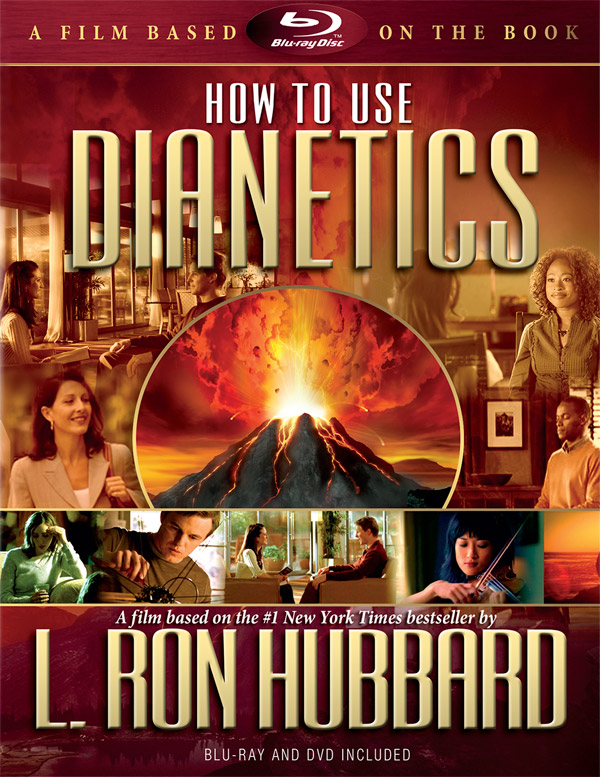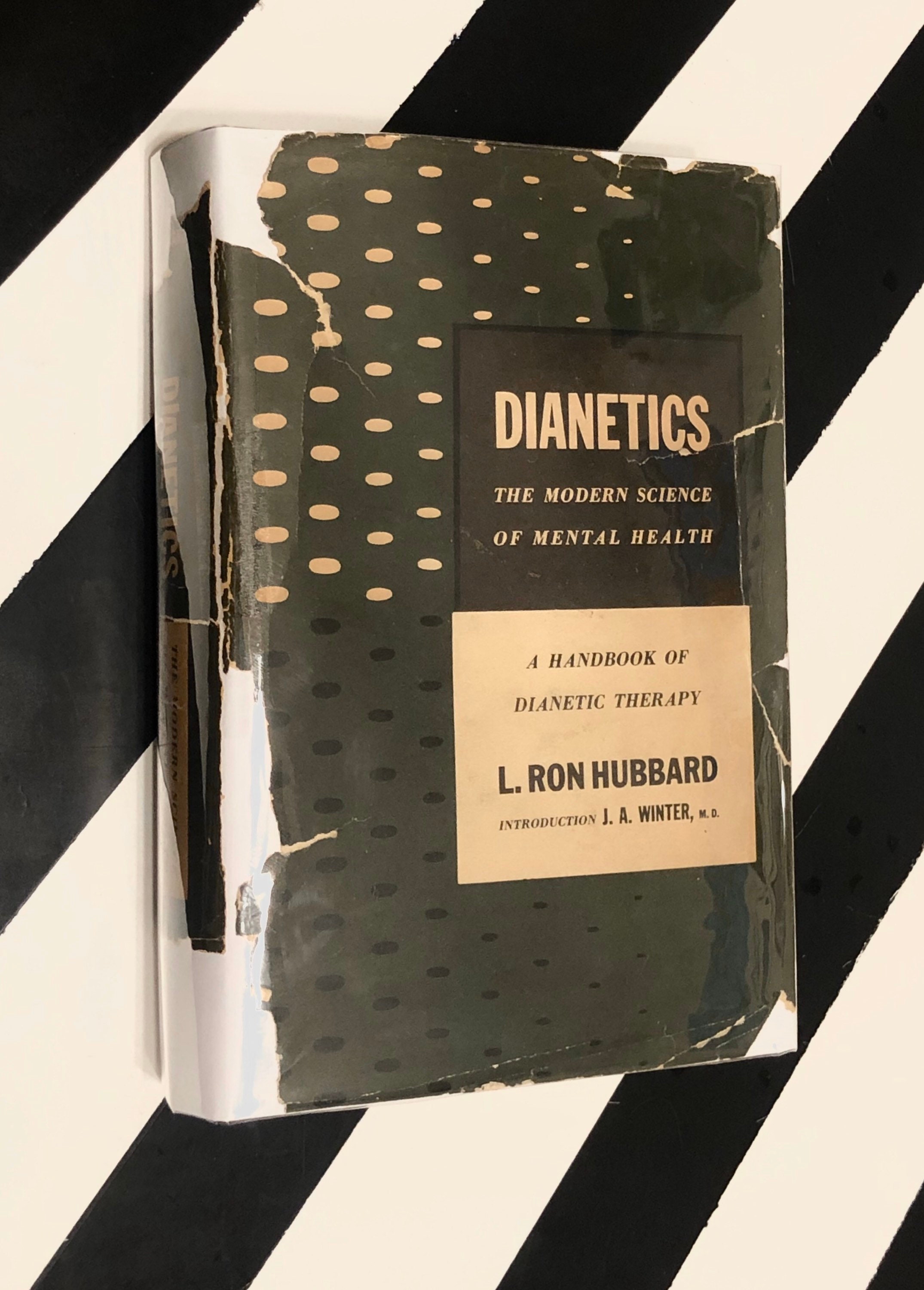Dianetics for Beginners
Wiki Article
6 Simple Techniques For Dianetics
Table of ContentsHow Dianetics can Save You Time, Stress, and Money.The Single Strategy To Use For DianeticsDianetics Can Be Fun For EveryoneThe Basic Principles Of Dianetics
I couldn't ever before not desire to get anything that enters your mind for you- if it was or else, I wouldn't be sitting below with you, doing this. I not just can never ever have an issue, or not wish to listen to something that comes to mind for you, but I'm totally eager to know every concept, every idea, every photo or sensation that emerges or manifests for you- do not ever think otherwise, and if for some factor you do, please simply let me recognize! Sometimes, you might have an idea, and image, concept or event appear that does not seem to answer the question, or associate to it, however however, constantly do inform me regarding it, and as we proceed, the significance will emerge for you.This is integral in the basis of processing, and the subject of this conversation: the standard functions of the counselor and the customer: The basic function of the counselor is, as opposed to "conventional training", not to manage, which suggests to impose and/or hinder, however to rather function from the basis of EMPOWERING THE CLIENT.

Dianetics for Dummies
John Mcmasters shared this fundamental fact incredibly well in among his talks on Power processing, in which he discusses just how he was asked what this "special flair" was that he had for offering such great sessions; he had to think of that for a minute, and identified that it was what he wasn't doing, in addition to what he was doing: he wasn't assessing, evaluating, computer, or in reality, creating any type of ideas, let alone verbal expressions, after providing the command and while waiting for the computer to complete their solution to their fulfillment; he was, merely and only, being present with the computer, and entirely interested.The role of the counselor, demonstrated; that was his "special knack". I have had my own experience which showed me this well, really early on in the game. In 1982, having actually lately finished my training and teaching fellowship on New Period Dianetics, I was running this on a COMPUTER, and there was a factor in the session where (being a bit wet behind the ears not yet having numerous hours under my belt as a specialist auditor) the computer appeared to be "taking as well lengthy" to share anything verbally after I gave him a command.
This secret ended up being the most important payment that John ever before made to the topic of treatment or bookkeeping (Dianetics). In my simple viewpoint, it is the best contribution that anybody has ever made to these subjectsthe application is completely non-judgemental, non-evaluative, and without any kind of idea, guidance or opinion.no preconditioned agenda for individuals, or 'levels' that they should do
In Idenics, the only source of information concerning a customer is the individual client. In Scientology we prided ourselves on not evaluating for individuals. However all that really meant was that the auditor did not VERBALLY review for the computer in session. The registrars and ethics officers reviewed for the computer.
The Basic Principles Of Dianetics

Any person who had actually ever seen John audit can not help yet discover a special high quality in his bookkeeping."The client's standard role is to be there with the objective of moving in the direction of their spiritual goals, and to easily and completely share and experience whatever materializes for them in responding to the questions and carrying out the guidelines in the handling.
This is something to process as required. But additionally, people often have previous experience and/or indoctrination in auditing/processing which, in some methods, and to some extent, helpful hints really misinforms them into mindsets, concepts and behavior patterns that protect against the full awareness of these duties, therefore they will often tend to inhibit the expressing of what enters your mind, as in the instances given above. * The first, click now and possibly primary instances of mis-indoctrination leading to less than completely smooth and effective sessions, can be found in specific facets of the training regimens, or "TR's":"TR's" are often a person's first, or a minimum of early, experience in Scientology, and while I will go on to describe what I see as the problems in idea and method, nonetheless, have a tendency to be significantly restorative, done as they are provided (Hubbard firmly insists that "TR's are not processing, they are training", yet factually, they are both processing AND training)
Alan Walter made similar observations, and enhanced these with his "Existence Processes". There is no "flunking", and no denial of the truth of this being processing. The focus, as it ought to be, is on experiencing the other person's presence. All the indications which obtain a "flunk" in doing "TR-0" are just the being's efforts to stand up to the various other person's visibility, and as additional info opposed to being bugged and pestered with "Flunk", which imposes "failure!" on the being, one just needs to be motivated to "stick their feet in the water a little deeper", to increasingly rehabilitate their capacity and readiness to completely share and experience "being here", or "presence", with others.
The Main Principles Of Dianetics

Report this wiki page